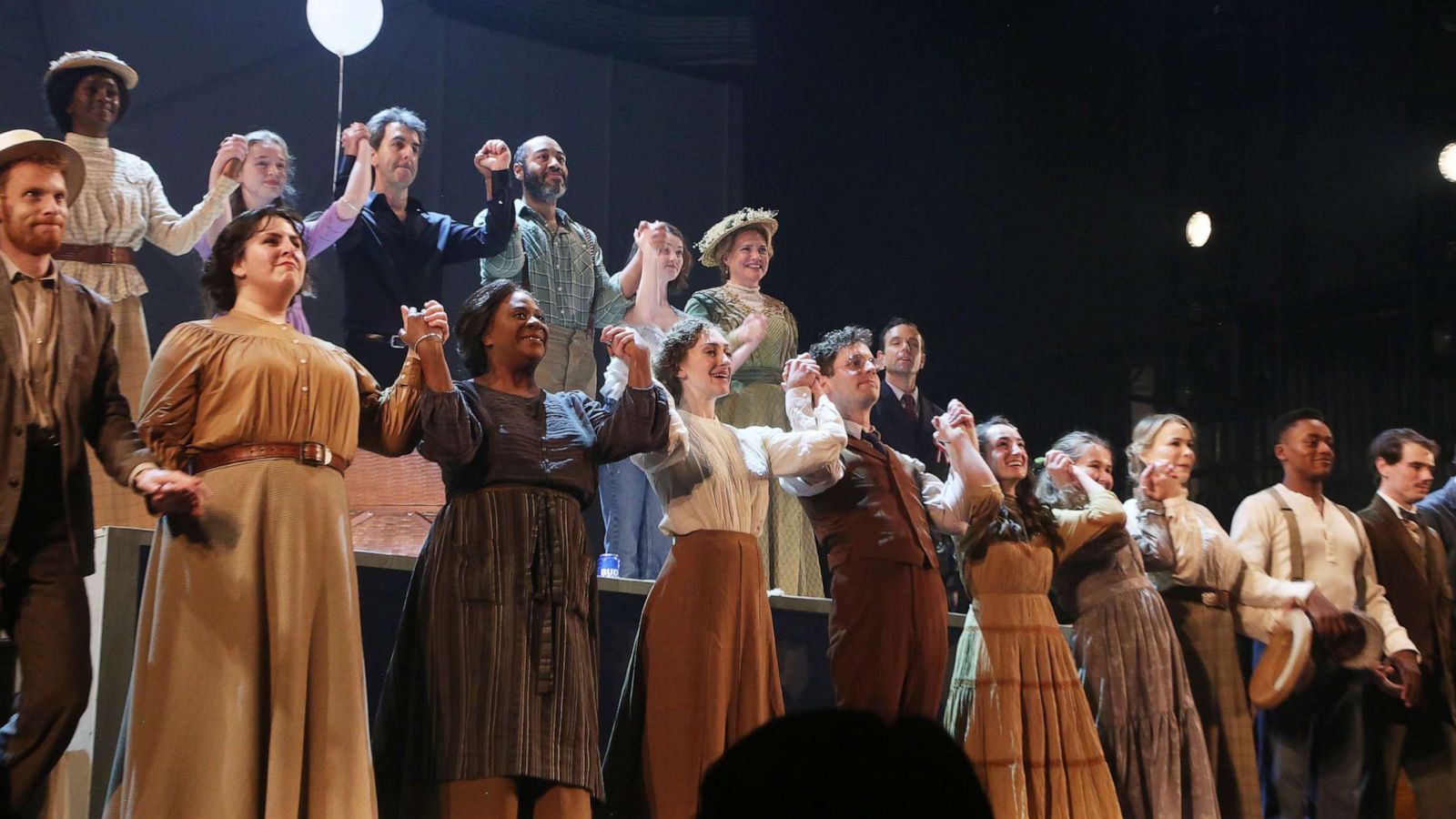Revisiting the Leo Frank Case on Stage
The Tony Award-winning musical Parade ends its national tour in Washington with performances at the Kennedy Center. The production dramatizes the real-life case of Leo Frank, a Jewish man accused of murdering 13-year-old Mary Phagan in 1913 in Atlanta. The trial, conviction, and subsequent lynching of Frank in 1915 became one of the most notorious examples of antisemitism in early 20th-century America.
The case had long-lasting repercussions. It contributed to the resurgence of the Ku Klux Klan while also leading to the foundation of the Anti-Defamation League (ADL). In 1986, Georgia issued a posthumous pardon to Frank, citing the failure of authorities to protect him and to prosecute those responsible for his death.
A Performance Amid Political Tensions
The Kennedy Center’s staging of Parade comes at a time of cultural debate. While some artists have chosen to withdraw from the venue, composer Jason Robert Brown and playwright Alfred Uhry have stressed the importance of presenting the musical.
Brown emphasized that Parade is not only about a tragic crime but also a reflection on how prejudice and intolerance shape society. Uhry, who grew up in Atlanta and later co-wrote the production, noted that dramatizing the story allows new generations to understand its historical significance.
Historical Lessons With Modern Relevance
More than a century later, the Frank case continues to resurface in public discussions. Extremist groups have used the episode to spread antisemitic narratives, prompting civil rights organizations to denounce such distortions.
By bringing Parade to Washington, the production highlights how theater can serve as a powerful tool for confronting hatred and preserving historical memory, bridging events from the early 1900s with ongoing conversations about justice, tolerance, and social responsibility.



